
AeroGenie — あなたのインテリジェントな副操縦士。
現在のトレンド
Categories
Jet.AI Revenues Decline Ahead of Private Aviation Division Sale

Jet.AI Revenues Decline Amid Strategic Shift and Aviation Division Sale
Jet.AI reported a significant year-over-year revenue decline in the third quarter of 2025, with revenues falling from $3.9 million to $1.7 million. The Las Vegas-based company attributed this decrease to its strategic decision to pivot away from private aviation and focus on data center and artificial intelligence (AI) infrastructure services. As part of this transition, Jet.AI is in the process of selling its private aviation division to FlyExclusive, a move that has raised concerns regarding the company’s future profitability and operational stability.
Financial Performance and Division Sale
According to Jet.AI’s recent filing with the Securities and Exchange Commission (SEC), the revenue decline was primarily driven by a reduction in Cirrus charter and jet card revenue, reflecting the planned divestiture of the company’s fractional and jet card business to FlyExclusive. Cirrus, which operates Jet.AI’s owned and leased aircraft, saw revenues from jet card and fractional programs drop sharply from $547,186 in the third quarter of 2024 to $184,655 in the same period this year. Similarly, software application and Cirrus charter revenues decreased from $2.4 million to $642,279, while management and other services revenues fell from $960,465 to $884,054. On a year-to-date basis, overall revenues declined from $10.8 million to $7.4 million.
Despite the revenue contraction, Jet.AI managed to reduce its operating loss for the quarter from $2.9 million to $2.0 million, with year-to-date losses improving from $9.3 million to $7.7 million. This narrowing of losses suggests some operational efficiencies amid the company’s ongoing restructuring.
The pending sale to FlyExclusive, initially announced in February, encompasses Jet.AI’s aviation segment, including fractional ownership, jet cards, on-fleet charter, management, and buyer’s brokerage services. Jet.AI will retain its software segment, which includes the consumer-facing CharterGPT app, the agentic booking AI Ava, and the business-to-business Jet.AI Operator platform.
Strategic Outlook and Market Context
Executive Chairman Mike Winston highlighted the company’s progress in repositioning Jet.AI as a leader in high-performance GPU infrastructure and AI cloud services. He pointed to the successful and oversubscribed initial public offering (IPO) of AI Infrastructure Acquisition Corp., which enhanced Jet.AI’s book equity by $20 million through its ownership stake in the sponsor. Winston also noted that the company extended the outside date for the FlyExclusive merger agreement due to the recent government shutdown but expressed optimism that the transaction would close by year-end.
The announcement arrives amid a cautiously optimistic aviation industry, which has reported a 9.2% increase in revenues overall. However, Jet.AI’s transition has prompted skepticism among investors, who are reassessing the company’s valuation while competitors may seek to capitalize on the shifting market dynamics. Growth challenges persist in key regions such as the Middle East, and the broader AI sector’s outlook remains sensitive to forthcoming earnings reports from major players like Nvidia, which could influence sentiment toward technology-driven aviation firms.
Jet.AI’s shares closed at $1.85, near the lower end of their 52-week trading range of $1.82 to $11.77.

Air China Orders 60 Airbus A320NEO Jets in US$9.5 Billion Fleet Expansion
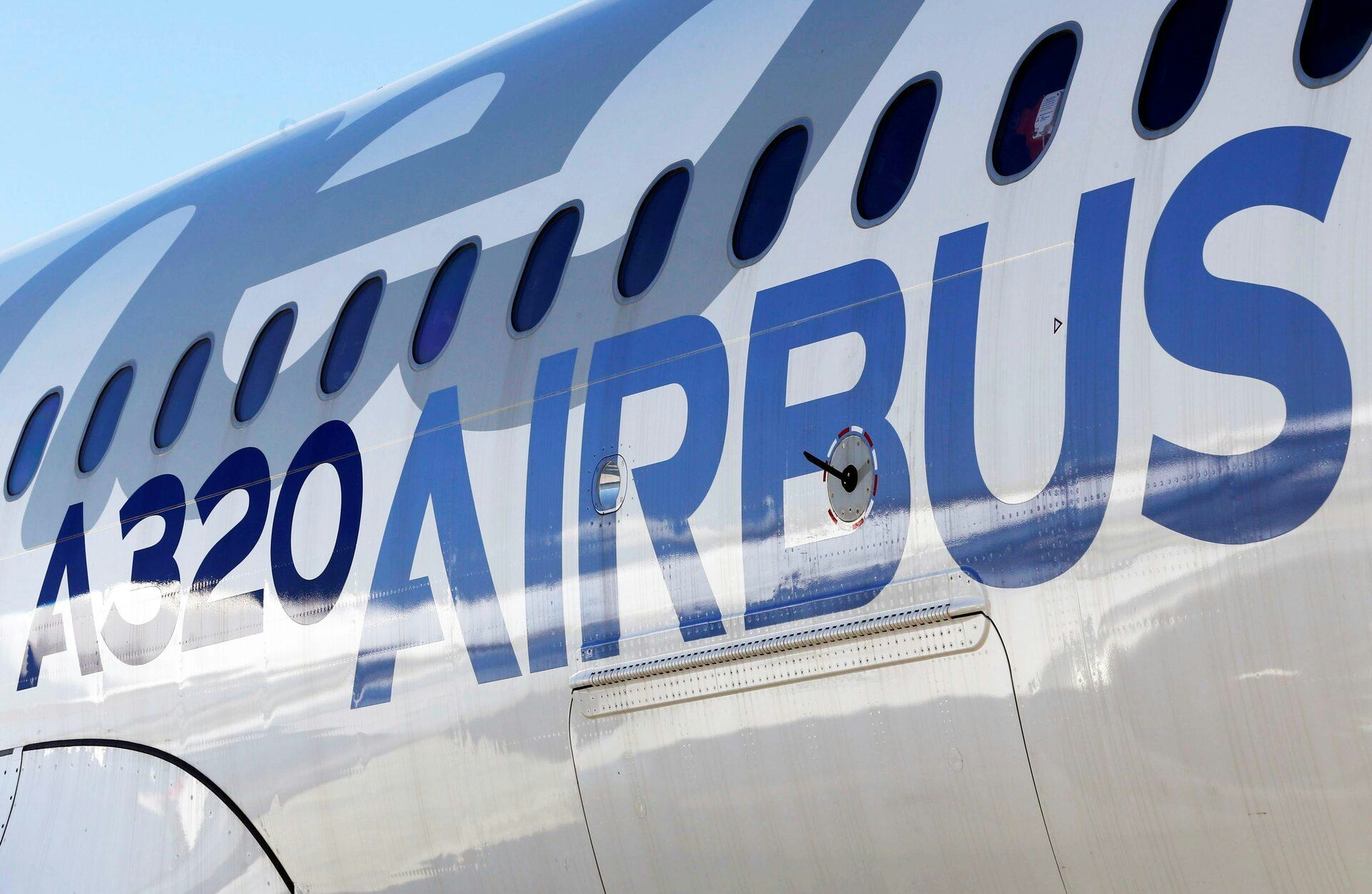
China Aircraft Leasing Orders 30 Airbus A320neo Jets
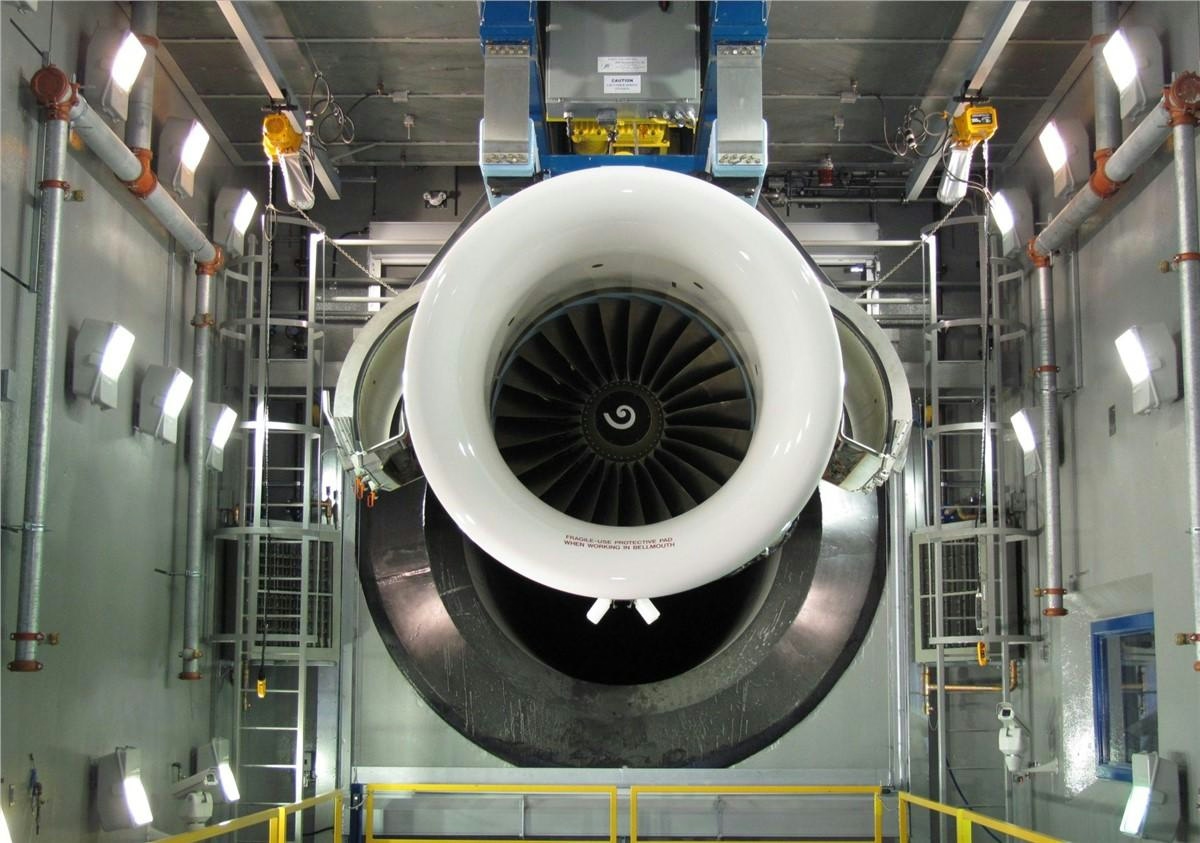
FTAI Aviation Introduces Platform to Convert CFM56 Engines into Power Turbines
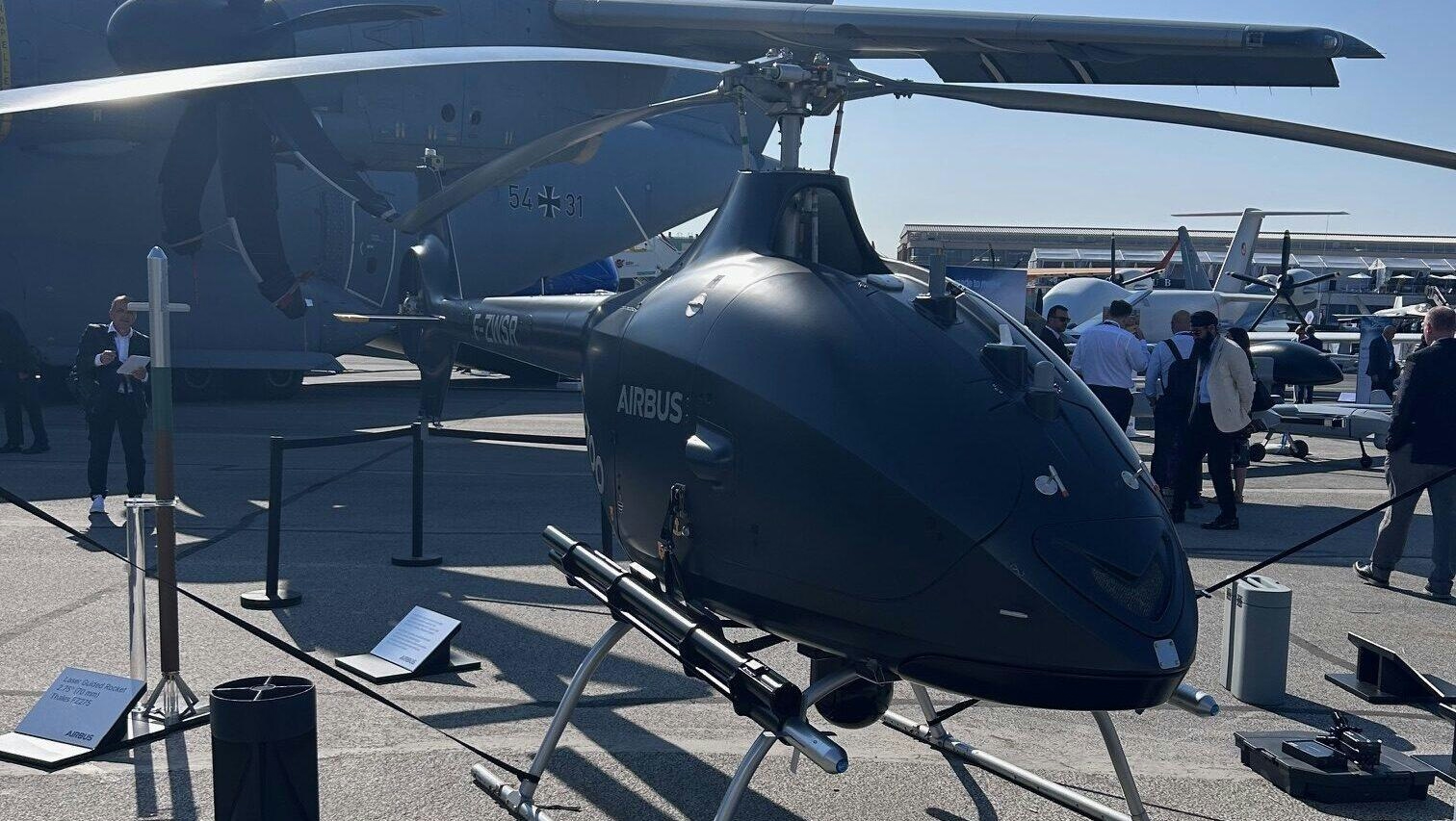
Europe’s Aviation Advances: Airbus, Military Programs, and Space Exploration Centers
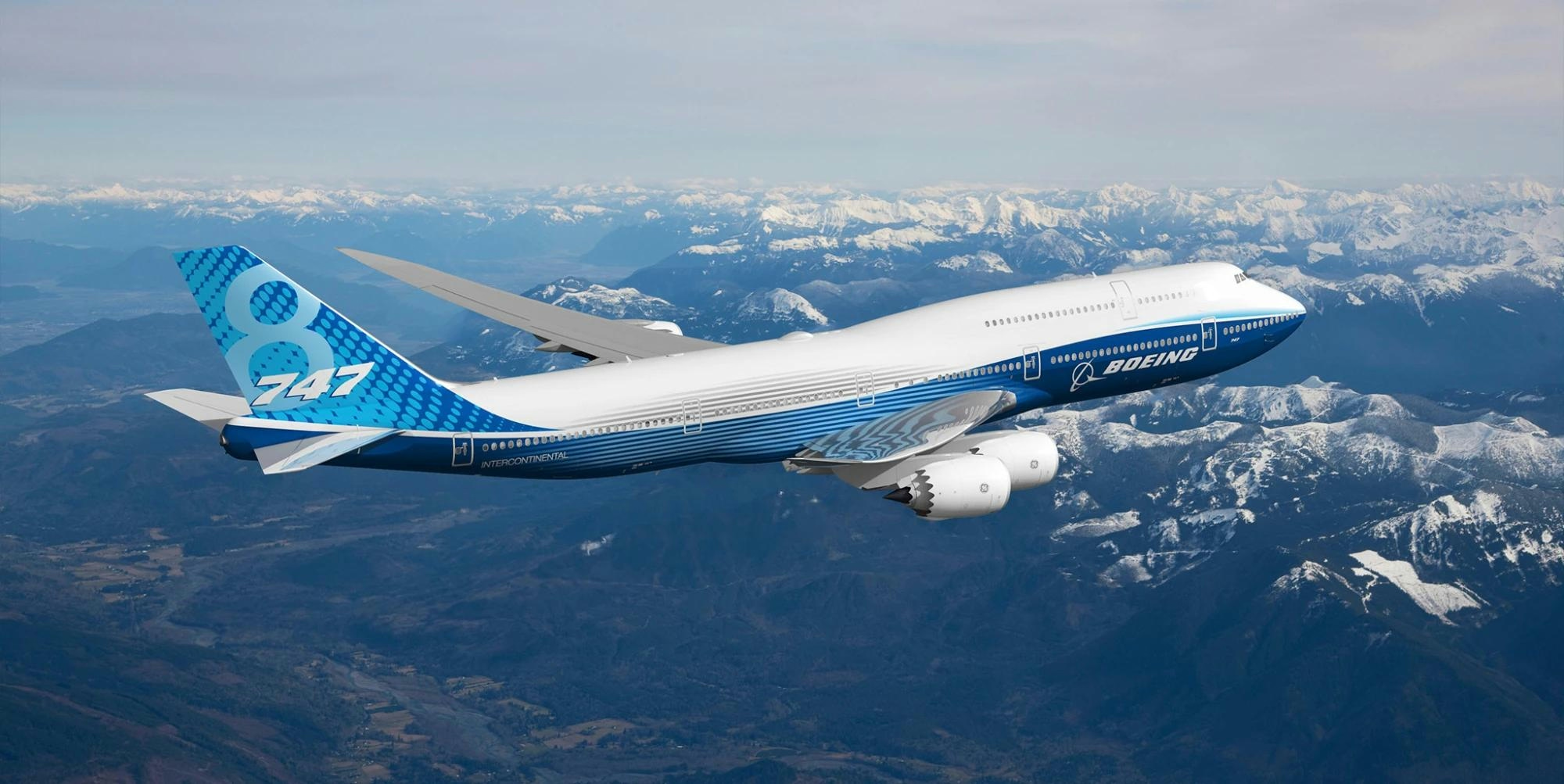
The Aircraft Succeeding Boeing’s Largest Quadjet
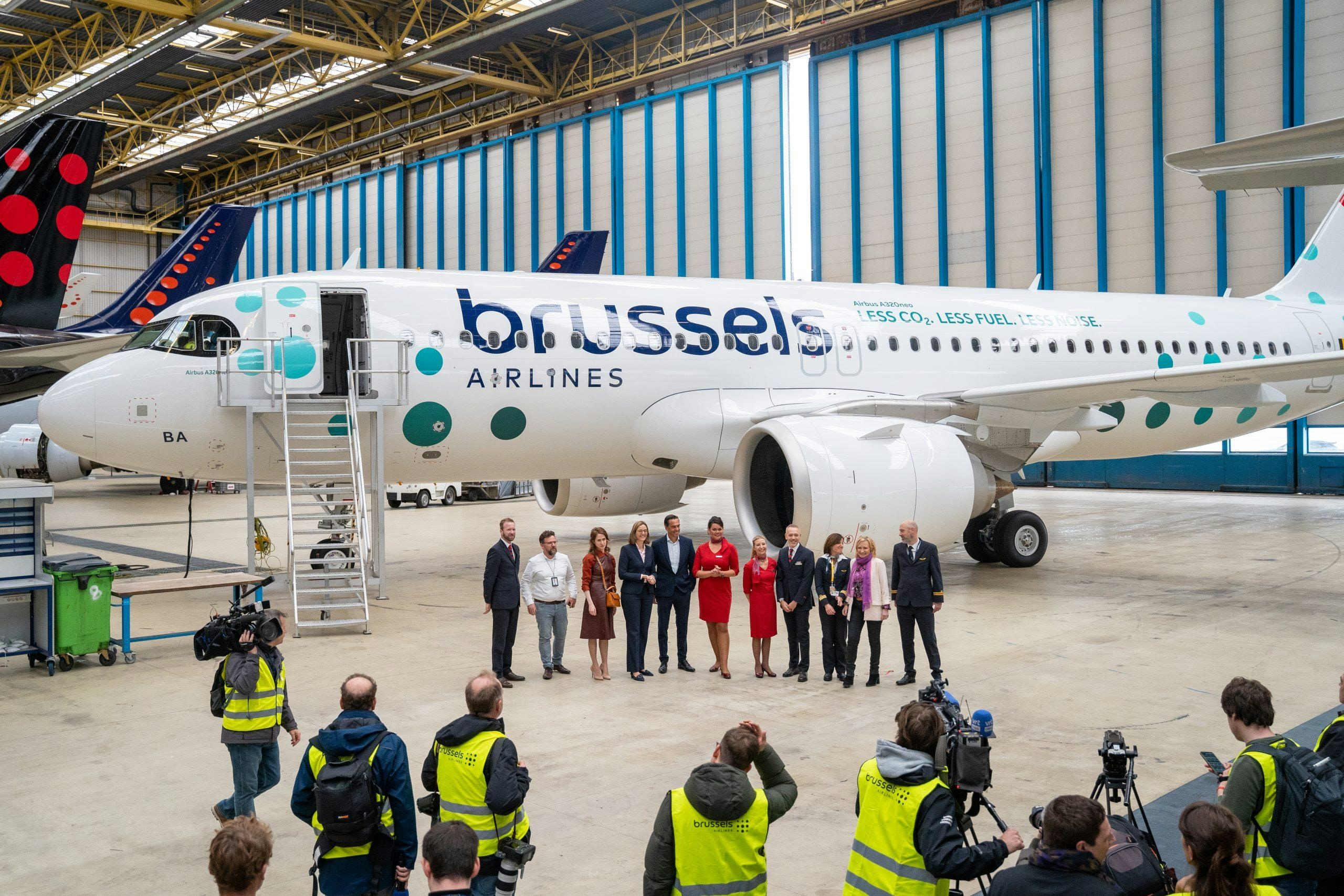
CALC Places Fifth Order for 30 Airbus A320neo Aircraft

How jet engines are being repurposed to feed AI’s power hunger
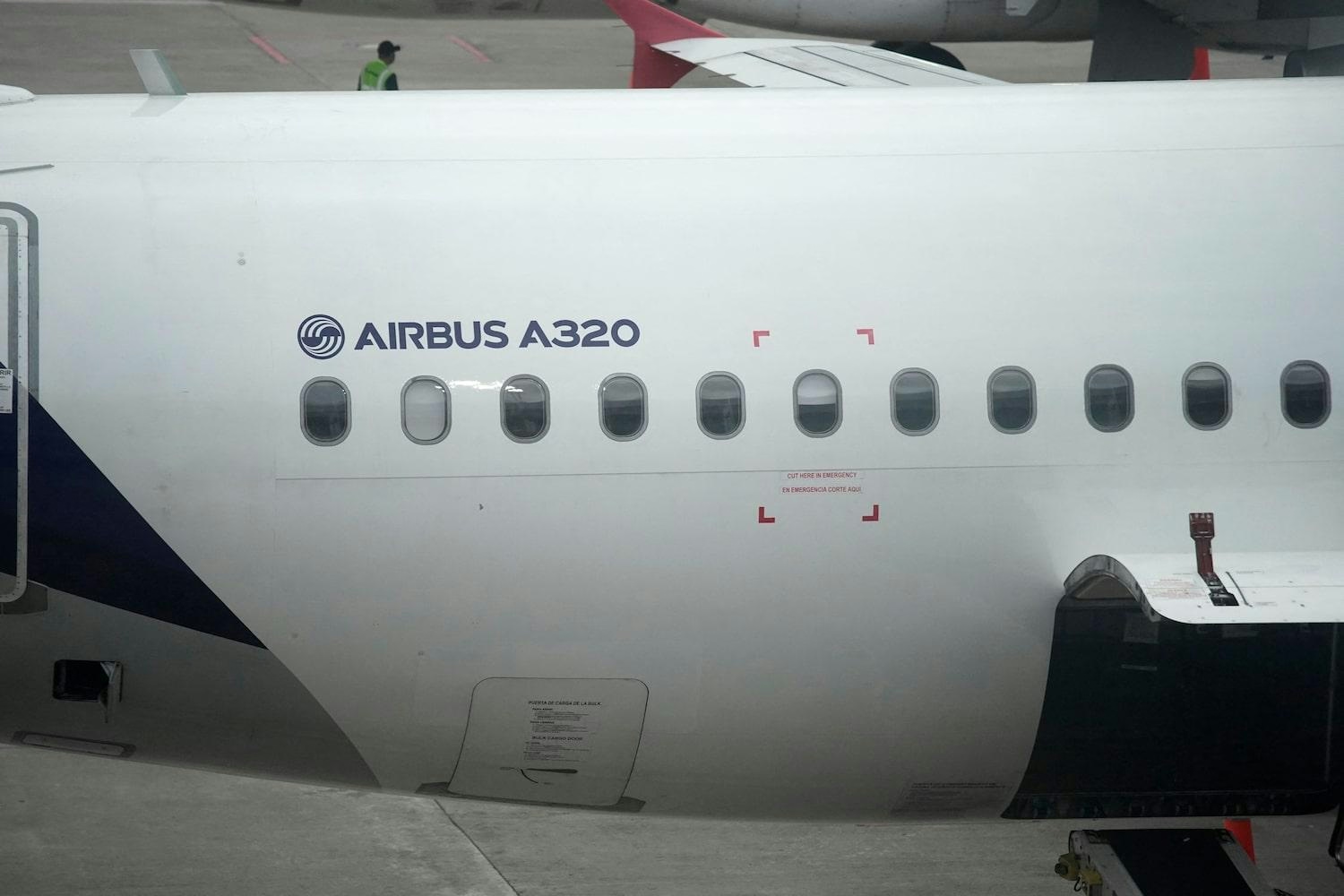
Spring Airlines and Juneyao Airlines Confirm Significant Airbus Orders
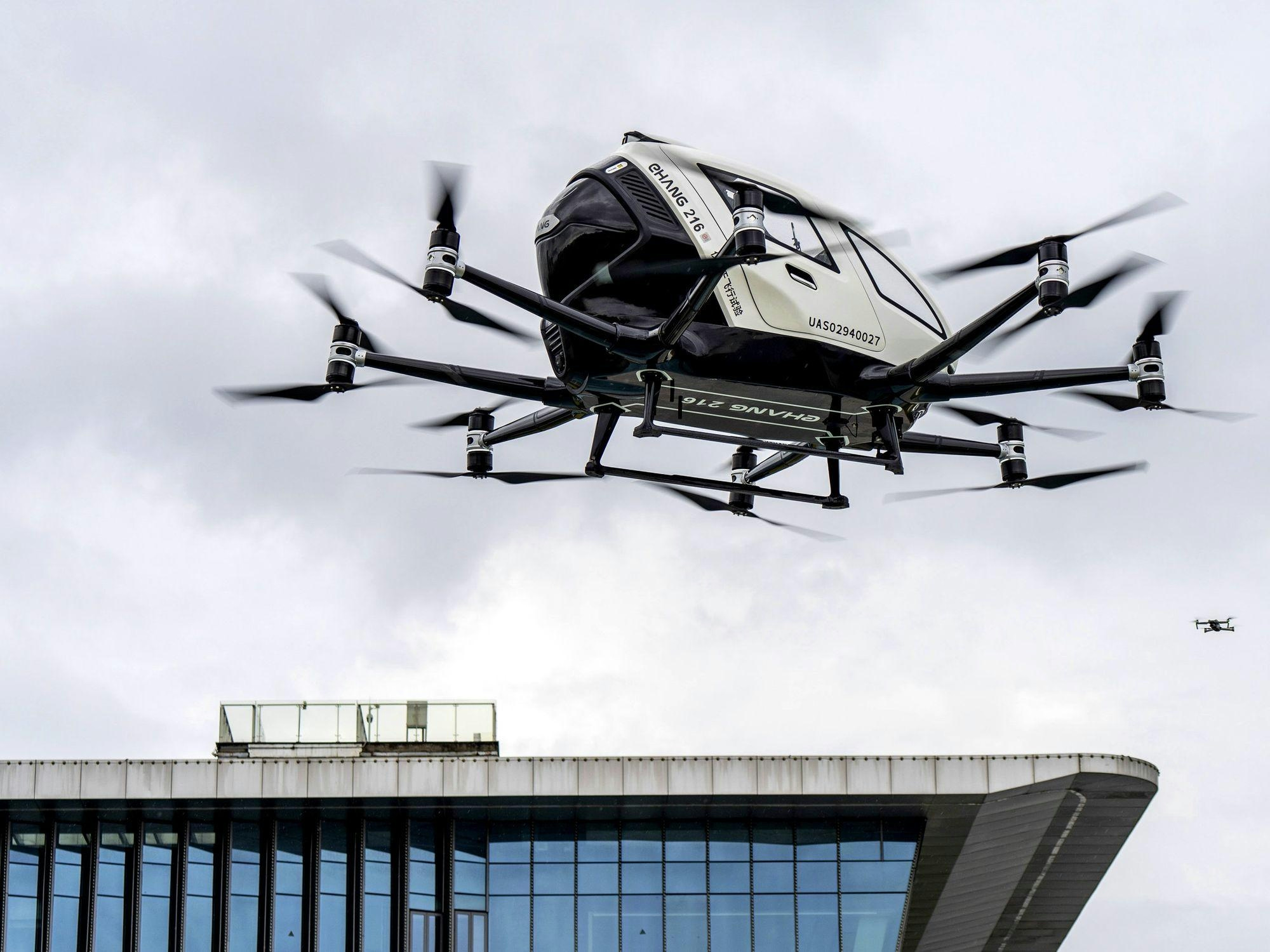
Aviation Faces Critical Turning Point in 2025
